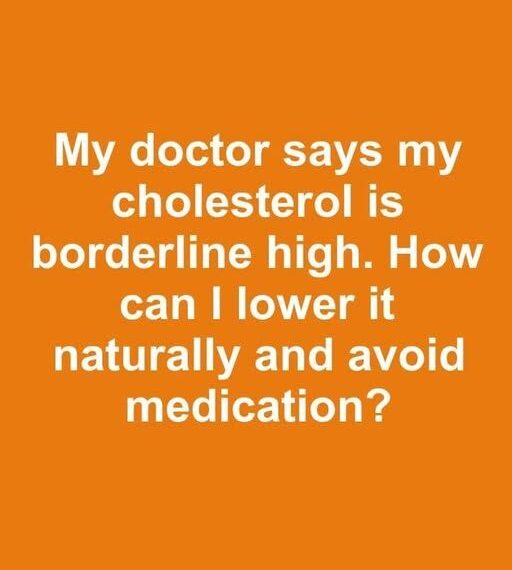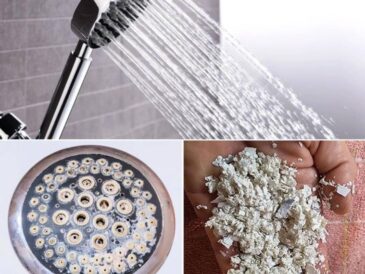Cholesterol isn’t all bad. In fact, your body needs cholesterol to build cells, produce hormones, and aid digestion. The key is balance:
- LDL (Low-Density Lipoprotein) → Often called “bad” cholesterol because high levels can lead to plaque buildup.
- HDL (High-Density Lipoprotein) → Known as “good” cholesterol because it helps remove LDL from the bloodstream.
- Triglycerides → Another type of fat in the blood. High levels increase the risk of heart disease.
A healthy goal is low LDL, high HDL, and low triglycerides.
🍎 Lifestyle Strategies to Lower Cholesterol Naturally
1. Adopt a Heart-Healthy Diet
Your diet plays a major role in cholesterol management. Focus on foods that lower LDL cholesterol and promote HDL cholesterol.
Best Foods to Improve Heart Health:
- Oats, barley, and whole grains — rich in soluble fiber that helps remove LDL from the body.
- Fatty fish like salmon, mackerel, and sardines — high in omega-3 fatty acids, which lower triglycerides.
- Nuts such as almonds and walnuts — improve HDL cholesterol.
- Avocados — loaded with healthy monounsaturated fats.
- Olive oil — a heart-healthy alternative to butter or margarine.
- Leafy greens — contain antioxidants that protect artery health.
Avoid trans fats, limit saturated fats, and reduce refined sugar intake, as these all contribute to high cholesterol and triglycerides.
2. Maintain a Healthy Weight
Even losing 5–10% of your body weight can significantly reduce LDL levels and improve blood pressure. This is especially important if you are overweight or carry excess belly fat, which is linked to higher cholesterol and type 2 diabetes risk.
3. Stay Physically Active
Exercise helps raise HDL cholesterol while lowering LDL and triglycerides.
- Aim for 150 minutes of moderate activity per week (brisk walking, cycling, swimming).
- Include strength training at least twice a week for added cardiovascular benefits.
- Even short daily walks improve circulation and metabolism.
4. Quit Smoking and Limit Alcohol
Smoking lowers HDL cholesterol and damages your arteries. Quitting can improve heart health within weeks.
Excessive alcohol raises triglycerides, so stick to moderate intake—or avoid it entirely for optimal cholesterol control.
5. Try Natural Remedies for Cholesterol
Certain natural supplements may help improve cholesterol levels. Popular options include:
- Plant sterols and stanols — block cholesterol absorption.
- Psyllium husk — boosts fiber intake for LDL reduction.
- Green tea extract — rich in antioxidants that protect heart health.
- Garlic — shown in studies to modestly lower LDL cholesterol.
(Always consult your doctor before starting supplements.)
6. Manage Stress Levels
Chronic stress can indirectly raise cholesterol by triggering unhealthy habits like overeating, smoking, or avoiding exercise. Incorporate stress management techniques such as yoga, meditation, or deep breathing into your daily routine.
📊 Cholesterol Levels to Aim For (mg/dL)
| Type | Healthy Range |
|---|---|
| Total Cholesterol | < 200 |
| LDL Cholesterol | < 100 |
| HDL Cholesterol | > 60 |
| Triglycerides | < 150 |
🏆 Final Takeaway: Small Changes, Big Impact
Managing cholesterol levels is not about short-term fixes—it’s about long-term lifestyle choices. By following a heart-healthy diet, exercising regularly, avoiding harmful habits, and incorporating cholesterol-lowering foods, you can protect your heart and enjoy a longer, healthier life.
💡 Pro Tip: Combine a low-cholesterol meal plan with regular exercise, adequate hydration, and high-fiber foods for the best results. And don’t forget—regular checkups with your doctor are key to tracking progress and staying on top of your heart health.




